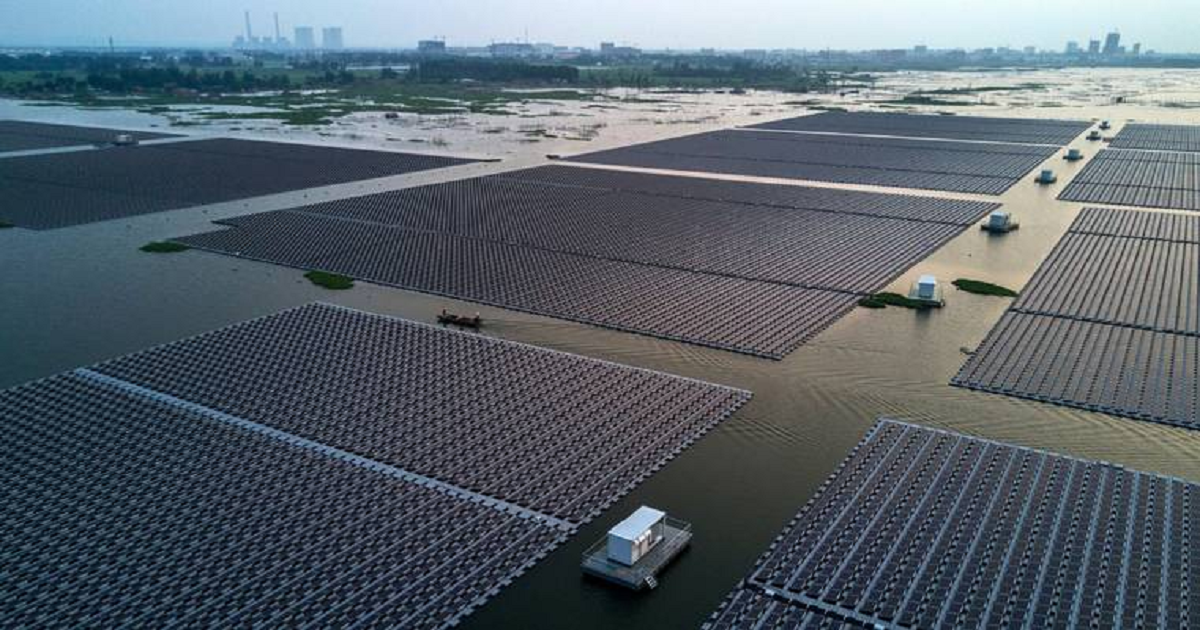Floating islands could convert sunlight into energy
ClickOnDetroit | June 18, 2019

That's what researchers in Switzerland and Norway say they are trying to do. In a study published this month in PNAS, a multidisciplinary scientific journal, a research group is proposing what is essentially a bunch of marine-based floating islands containing solar cells to convert sunlight into energy.
Here's how it's supposed to work. The energy created from the sun by the solar cells will produce hydrogen gas and extract carbon dioxide from the water. The gases will then react to form methanol, an alternative fuel that can be used in cars. Sure it's a little ambitious, which the researchers recognize. And it won't stop climate change alone -- the planet will still need to drastically decrease burning fossil fuels.
It's also probably expensive. But the researchers outline the science behind the plan and potential locations for the proposal. Even if the actual floating islands are some time away, this proposal would initiate the development. Floating solar panels already exist, with big ones in China and Japan. What makes this proposal different is that it would create fuel that consumers can use, which current models of floating solar panels can't do.